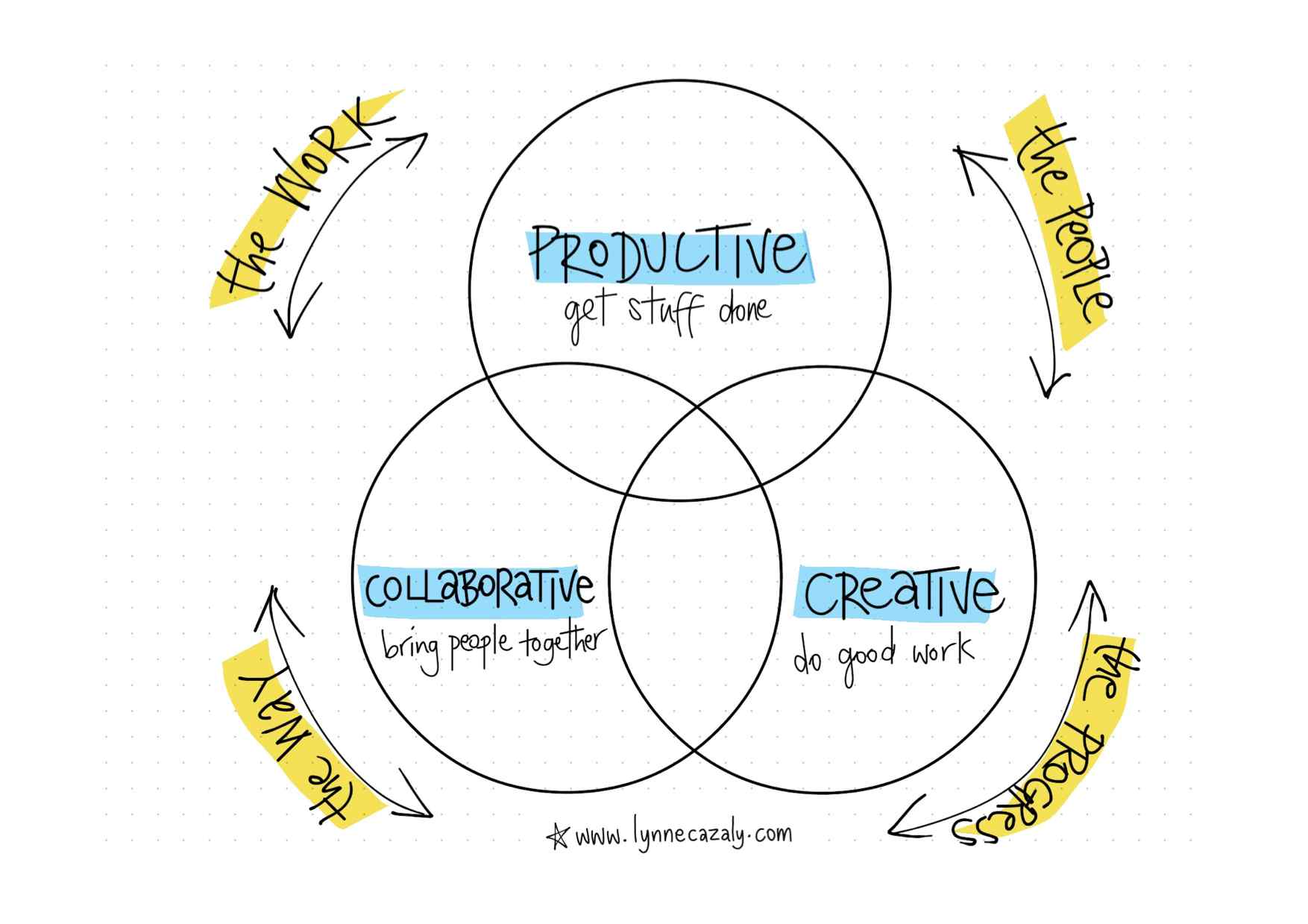Beyond being a consultant
 Monday, October 31, 2016 at 1:36PM
Monday, October 31, 2016 at 1:36PM When you’re a consultant, advisor or expert, you spend a lot of your business time delivering advice, working with a client and helping them with your expertise and know-how.
Sometimes you have to work with more than one person. Perhaps it’s a business owner and some of their staff; maybe it’s a project manager and some of the project team; or it could be a senior leader in an organisation and some of their stakeholders or colleagues.
I reckon that every time you’re working with more than one other person, it’s time to put facilitation skills to work.
Facilitation means ‘to make easier’. When you’re facilitating, you’re helping to make great progress and to get things done.
While a one-on-one conversation often involves coaching or consulting, working with a group of people (say 2 or more) involves using some additional capability - and that capability is facilitation.
Facilitation : another tool in your toolkit
Increasingly the capability of facilitation is coming to the fore for consultants, subject matter experts and thought leaders. You find yourself working with your client and some of their team … as a group. And you’re helping them work on something or create something together… as a group.
You may have been asked by a client to run a group session, a workshop, work with them at a team day, assist with planning or some other type of gathering.
It makes sense to use facilitation. When a client wants to get several people in the room at once and work with them, they want to achieve an outcome.
That outcome may be to:
- plan
- design
- decide
- create
- brainstorm
- implement
- solve
… or other business task or project.
As the facilitator, you’ll be able to help them achieve their outcome AND use your incredible expertise, knowledge and advice at the same time.
Three key outcomes
Going beyond consulting, I see that you're helping them do three main things. You help them be:
- PRODUCTIVE: you help them get stuff done.
- COLLABORATIVE: you help bring people together
- CREATIVE: you help them do good work.
Looks like this ;-)
For you as a consultant, going beyond consulting and using facilitation skills, you'll focus on :
- the work that needs to be done,
- theway that work will be done,
- the people who you're working with,
- and the progress you'll help them make.
It may feel a little 'clunky' at first
For many consultants, shifting into facilitation mode doesn't come immediately, naturally or automatically. Yes you've likely got ace questioning skills and listening skills but you might be too quick to jump into prescription or solution, to provide 'the answer'.
As a facilitator, you can draw the answer out; get people more involved. In the long run, they'll have bought in to the process more, having had more of a say.
So if it feels a little odd or clunky at first, persist. You might find yourself switching from consultant to facilitator, to trainer, to speaker, back to consultant - all the while delivering your expertise, advice and experience in a valuable and helpful way.
Plan a response, process or approach
Don't launch into facilitator mode unprepped. Some of the best processes, models and tools for facilitation come from a little thought about what might suit this situation or group best. This doesn't mean control-freak over-engineering an agenda down to the last minute. What it does mean is some thought about where they are, what they need to do, how you can help them do that.
Next: 9 things to prep
Next post I'll unpack the nine things I think you need to do when you're adding facilitation to your consulting toolkit and what some of the things are to consider.
Above all, know you have an extensive range of insight, experience and capability; make sure facilitation is part of how you deliver that expertise.
With the world all co-creating, contributing and collaborating, it's smart as a consultant to be able to help people get sh*t done in a way that's beyond just consulting.



















Reader Comments